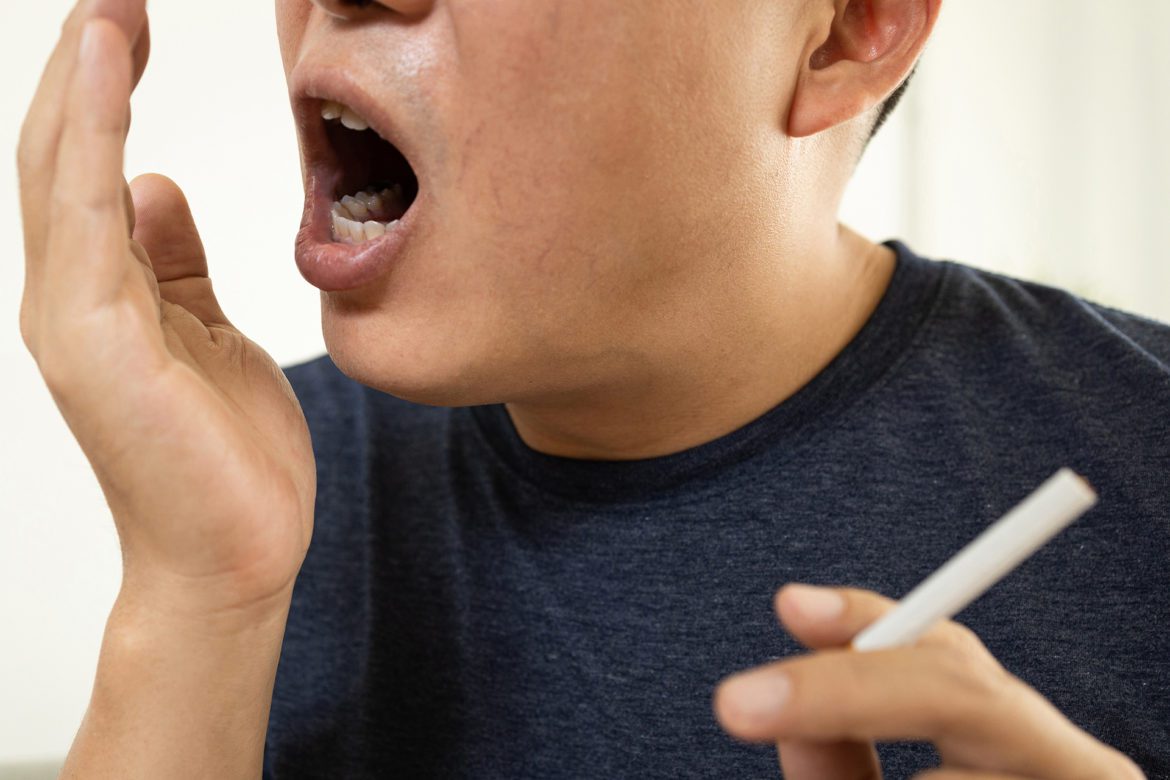The Dental Defence Society explain how COVID-19 has impacted the detection of oral cancer and what dental teams should do to improve outcomes.
Referrals for oral cancer have fallen dramatically since the start of the pandemic. This is raising fears that many cases have gone undiagnosed because of disruption to routine dental care.
Missed opportunities for early detection mean it is likely that thousands of patients will eventually present with late-stage disease and poor prognosis. They will also require aggressive and complex treatments that diminish their quality of life. As well as adding to the burden on the healthcare system.
Now more than ever, dental teams must prioritise the prevention, early detection and rapid referral of oral cancer.
They will play a vital role in mitigating the ongoing impact of the pandemic on outcomes for this cancer through performing examinations at every opportunity, recognising when a patient presents with signs and symptoms, and raising awareness.
Increasing burden of oral cancer in the UK
The most recent figures on mouth cancer in the UK align with the global trend. They shows an alarming rise in incidence and mortality.
The State of Mouth Cancer UK Report 2020/21 reports that last year 8,722 people were diagnosed with mouth cancer. And an estimated 2,702 people died from the disease. That’s up 58% and 48%, respectively, from a decade ago.
Early detection and rapid referral for treatment makes a huge difference for patients with oral cancer. It boosts survival from 50% to 90%.
But even before the pandemic, most patients were diagnosed at a late stage. This means they need aggressive treatments and experience poor clinical outcomes.
Why are outcomes so poor? Patients are often unaware of oral cancer and its symptoms. So they seek help late.
Clinicians do not perform enough soft tissue examinations. And many patients do not attend regular dental appointments; either through choice or because of limited access.
Impact of COVID-19 on oral cancer
The COVID-19 crisis has only worsened the situation by disrupting routine dental care.
Although dental practices have re-opened, capacity is still well below pre-COVID levels.
While dentists focus on urgent treatments, they may not check for signs and symptoms of oral cancer.
According to one of England’s biggest NHS Trusts, referrals fell by 65% after the beginning of lockdown. This suggests that thousands of patients are living with undiagnosed oral cancers. And we’re therefore missing opportunities for early detection.
The pandemic may also have a long-term impact on the incidence of oral cancer.
During lockdowns, some people engaged more often in behaviours that are known risk factors. Such as smoking and excess drinking.
School closures also interrupted full delivery of vaccination against human papillomavirus (HPV), another important risk factor.
Dental teams have a vital role in improving oral cancer outcomes
A huge effort is needed to stem the rise in cases of oral cancer and improve outcomes for patients. Dental teams will play a leading role by providing:
- Intra- and extra-oral examinations at every opportunity. During routine check-ups and treatment appointments…

